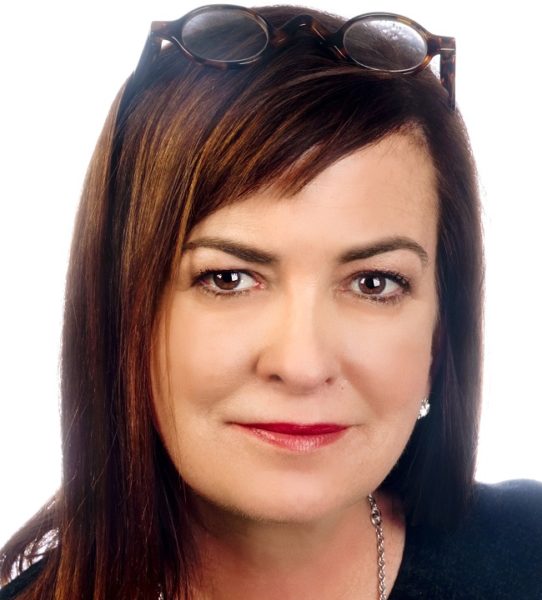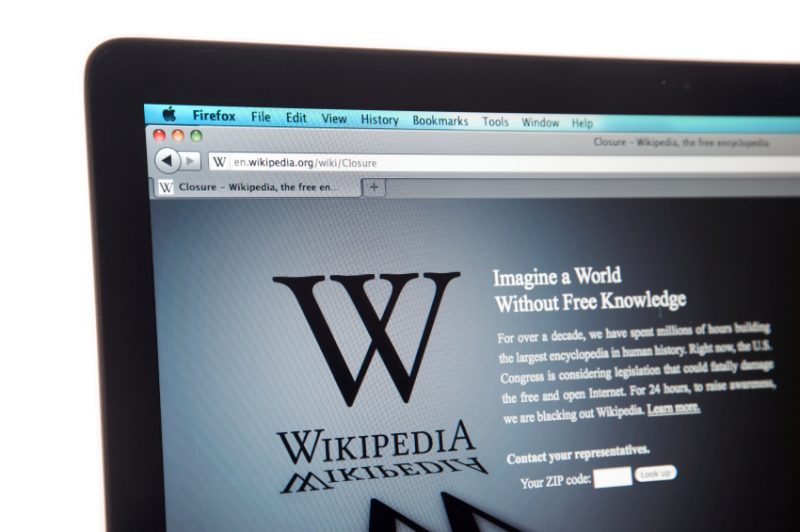
As the tech industry soars with start-ups and expansions, companies are continually seeking new talent: leaders who can innovate, emerging digital talent, senior management stars, board directors, and more.
Martha Josephson helps Silicon Valley’s leading large companies and most promising start-ups to find this new talent. She leads Egon Zehnder’s global Digital Media Practice, a pioneering specialty she launched in 1996 to serve the technology and communications niche. We interviewed her on the state of executive search in Silicon Valley, and what role reputation plays in it.
How does reputation — or industry-wide perception — play in sourcing tech leaders for top roles?
For both board and senior leadership roles, the story behind the company is crucial. It might be an early-stage company with great momentum, or an established company with an iconic brand. Regardless, the narrative is an important lure. This said, many companies at various crossroads strategically and operationally are also attractive. Conveying these situations in factual terms and highlighting the opportunities for improvement can make many eyes light up on the talent side.
Can you provide examples of companies that, in your view, are best-practice examples of how to communicate such narratives?
I think 23andMe has done a great job of this. They had a regulatory setback a few years ago that constrained them. Throughout the process of dealing with that, the CEO and leadership team were candid, humble, and determined in their public communications. When they successfully came out the other end of that challenge, people were literally cheering them on. I am also loving the story that Viacom tells talent these days. For a long time the company was distracted by boardroom and shareholder dramas. It didn’t really get to innovate in digital the way peer companies did. Today, a fresh management team tells a passionate story about investing and innovation around their iconic brands. They hint that maybe it isn’t so bad to be “late” to innovation since they have now learned from everyone else’s mistakes.
What role do Google search results play in your searches?
I use Google constantly to research companies, topics, and people, but rarely do I use it to find actual individual talent. There are other tools for that, as well as my trusted sources in a given sector, which I have found (still) the most effective assistance of all.
By that, you mean word-of-mouth recommendations and referrals? Do you find those more valuable than digital sources like LinkedIn?
Nothing can replace LinkedIn. It is indispensable in my work. However, what I need as well are insights and, frankly, judgements about people. These I get from direct conversations with knowledgeable people who are in a position to give me unbiased input. I will say that polishing one’s LinkedIn profile is a really good idea. If the profile is too skimpy, I am not going to be sure whether to bring an opportunity to that person or even whether to dig deeper with references.
What is your advice for women and people of color to advance faster in the tech industry?
There is no substitute for cultivating both mentors and champions. They are two different resources. Mentors take you under their wing and give you the wisdom to do your current job well and move up. Champions are the people who will always suggest and promote you for opportunities because they know you and believe in you.
Many tech CEOs in disruptive industries are facing (or recovering from) crises resulting from their personal behavior. How can they rebound from them?
I can say that awareness of these issues is now off the charts in recent history. Some people can rebound and some can’t. In our work in developing executives for future leadership roles in their companies (which, in addition to search, we also do a lot), we consistently try to help build self-awareness and a conscious, deliberate leadership style. We don’t stint with even the most uncomfortable feedback. This helps. In my personal work, I have noticed that CEOs with sisters and/or daughters don’t tend to have these issues.
In closing, any tips for CEOs and their boards who may be facing crises based on their behavior or company cultures?
Have your support team ready. These could be mentors, advisors, trusted professional friends, communications specialists, etc. When a crisis breaks, it is a very lonely time and people in that situation need to talk and plan with bullet-proof resources who have perspective. For boards, crises can be no less emotional and my advice is the same.
Martha has been a partner at Egon Zehnder for 16 years, and is industry recognized as a trusted advisor to many of the world’s most admired organizations. She is one of the most sought -after and reputed talent consultants in Silicon Valley, and from her base in Palo Alto operates locally and globally to secure, retain and develop exceptional C-level and board talent for the world’s leading e-based and media-centric organizations. She leads the firm’s significant relationship with Google, handling more than 300 executive searches as their primary partner over the course of the last ten plus years.
Martha earned an AB from Princeton University, graduating Phi Beta Kappa and Summa Cum Laude, and an MBA from Columbia Graduate School of Business.
This is the twentieth in a series of interviews with experts whose work relates to online reputation management.


